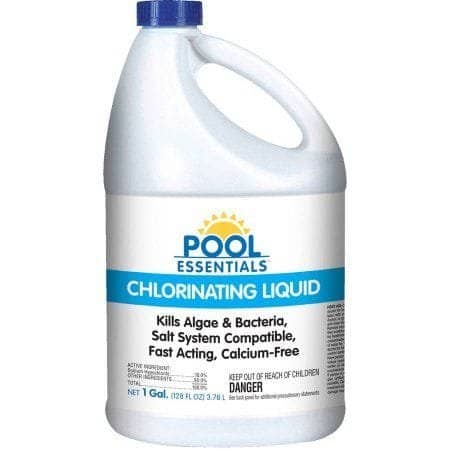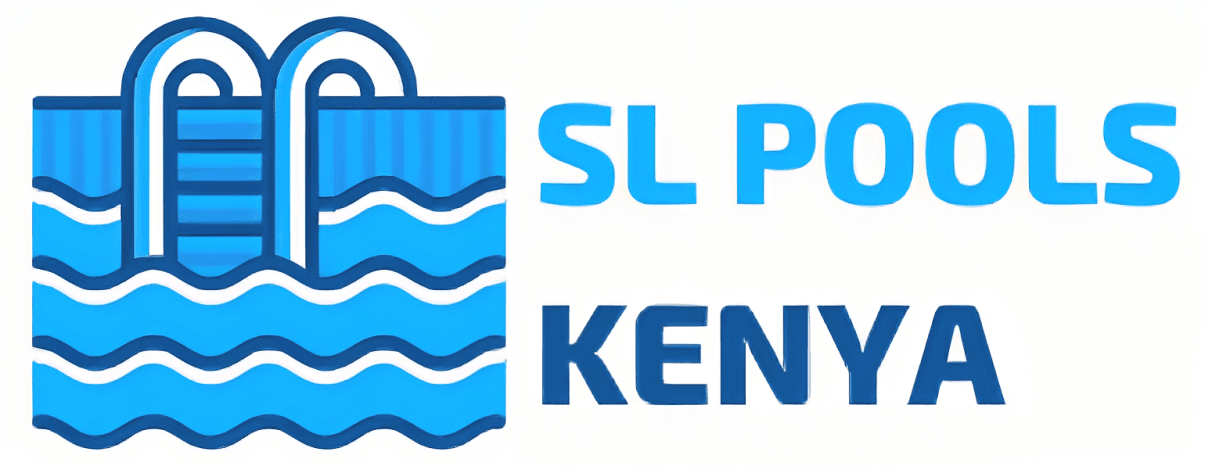Introduction: Owning a swimming pool comes with the responsibility of maintaining crystal-clear water, and one crucial aspect of this is effective water treatment. Chemical feeders play a pivotal role in keeping your pool water pristine, ensuring a safe and enjoyable swimming experience for all. In this blog post, we’ll explore the fundamentals of swimming pool chemical feeders and their significance in water maintenance.

- Understanding Chemical Feeders: Chemical feeders are automated systems designed to dispense water treatment chemicals consistently. They help maintain proper chemical levels, keeping the water balanced and free from contaminants. These devices streamline the pool maintenance process, making it more efficient for pool owners.
- Types of Chemical Feeders: Floating Feeders: These are devices that float on the pool’s surface, gradually releasing chemicals into the water. In-line Feeders: Installed in the pool’s plumbing system, in-line feeders automatically release chemicals as water passes through.
- Key Chemicals for Pool Maintenance:
- Chlorine: Essential for disinfecting and sanitizing pool water.
- pH Balancers: Maintain the water’s acidity or alkalinity within the optimal range.
- Algaecides: Prevent and control algae growth.
- Stabilizers: Protect chlorine from degradation due to sunlight exposure.
Advantages of Using Chemical Feeders:
- Consistent Chemical Distribution: Ensures a steady supply of chemicals, preventing sudden imbalances.
- Time and Labor Savings: Automating the chemical dispensing process reduces the need for frequent manual interventions.
- Enhanced Water Quality: Regular and controlled chemical distribution leads to clearer, healthier water.
Installation and Maintenance Tips:
- Professional Installation: Seek expert advice for proper installation to ensure optimal performance.
- Regular Inspections: Periodically check the feeder for any clogs or malfunctions.
- Adjust Settings: Fine-tune the settings based on factors like pool size, usage, and environmental conditions.
Choosing the Right Chemical Feeder:
- Consider the size and type of your pool.
- Evaluate the feeder’s capacity and compatibility with the chemicals you plan to use.
Conclusion: Investing in a quality chemical feeder is a wise decision for any pool owner committed to maintaining a pristine swimming environment. By automating the chemical distribution process, you not only save time and effort but also ensure that your pool water remains safe and inviting for everyone to enjoy. Choose the right chemical feeder for your needs, and dive into a hassle-free pool maintenance experience.
Remember, a well-maintained pool is a source of endless joy and relaxation – a true oasis in your backyard!
